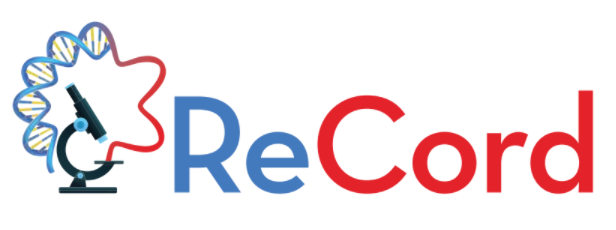What does ReCord hope to learn?
We know that some types of childhood leukemia start before birth, but there is little information about when other leukemia mutations start. So the first thing ReCord study will do is to find out which leukemia mutations start before birth. We also know from epidemiology studies that some birth-related and pregnancy factors raise the risk of childhood leukemia, like higher birth weight, and some lower the risk, like prenatal vitamins. So the second thing ReCord study will do is to find out if leukemia mutations found in cord blood are related to these risk factors.
Will ReCord benefit me or my child?
There is no direct benefit of participation in ReCord study to you or your child. The ReCord study is looking at the natural history of childhood leukemia, which may reveal novel ways to treat leukemia and in the future point the way to detecting disease earlier or even preventing it some day.
What if my child’s cord blood is needed for therapy?
Because we know that childhood leukemia mutations may be present in birth samples, it is considered unwise to transplant umbilical cord blood from a leukemia patient into the patient themselves or anyone else.
Why do you need my child’s newborn dried blood spot?
Umbilical cord blood is good for science, because it is a large sample and the cells can be studied, but most children do not have their cord blood stored. On the other hand, nearly every child in the U.S. and Canada has dried blood spots taken shortly after birth to test for metabolic diseases. So it is useful to know if leukemia mutations can also be backtracked in newborn dried blood spots.
Why will you perform whole genome sequencing of the samples?
Childhood leukemia mutations may occur in many places across the genome, and most children with leukemia have more than one mutation. Thus we perform whole genome sequencing of DNA and whole transcriptome sequencing of RNA from leukemia cells to find all the mutations at once. We do the same procedures on cord blood to compare cells from birth to leukemia cells.
